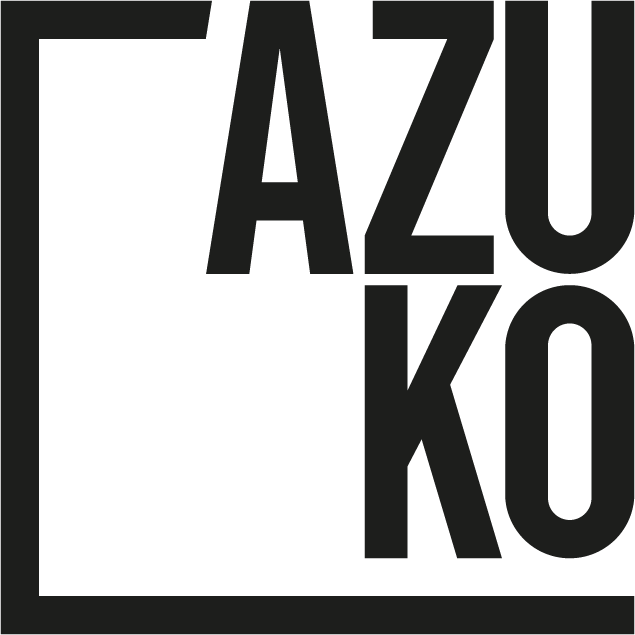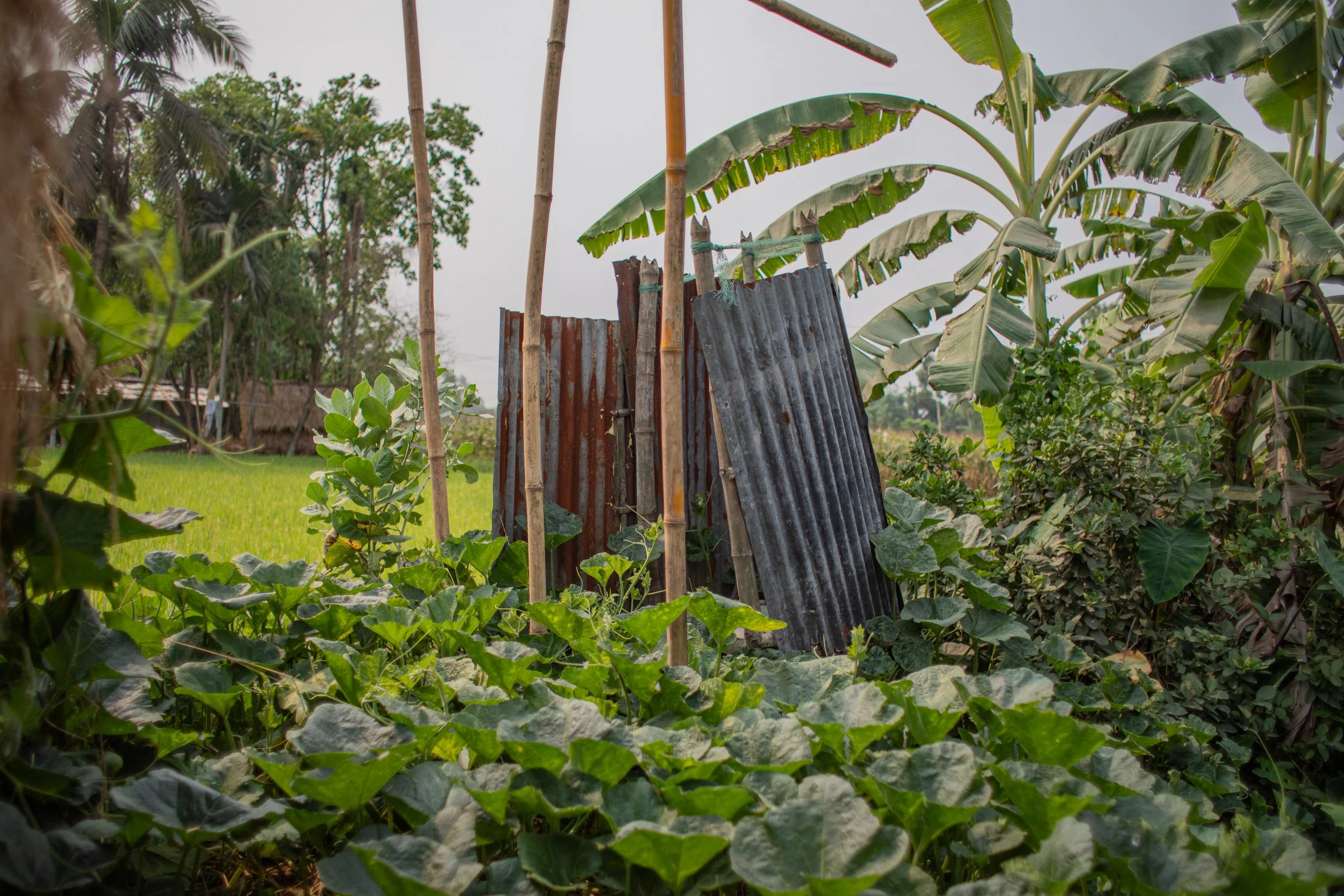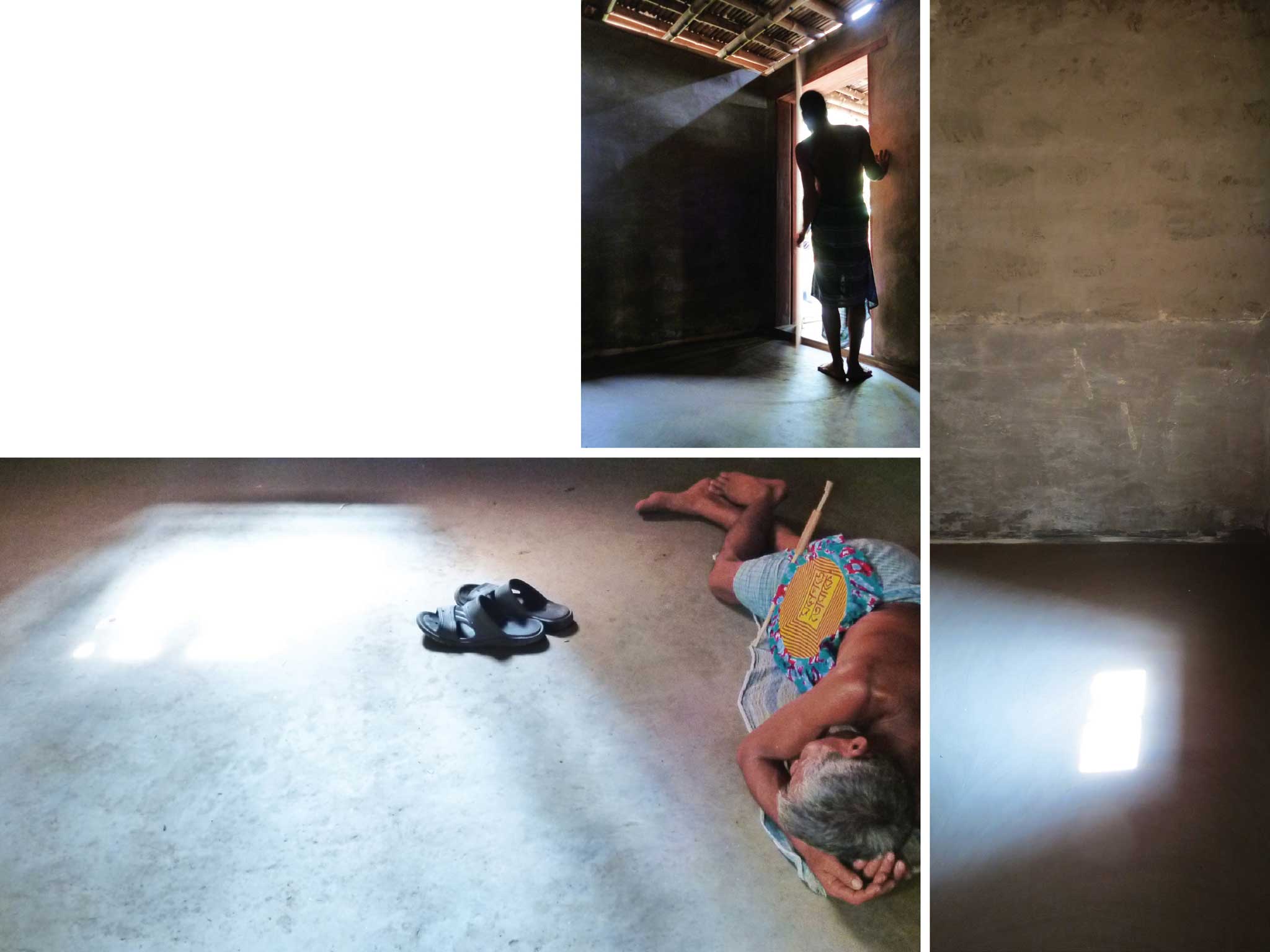Public interest design and the participatory methods that drive the approach are gathering force. At AzuKo, we stand with the forerunner of this movement believing that all built environment professionals have a duty.
“Too many people worldwide subsist in undeserving living conditions, and their ranks are growing by the day. As representatives of the professions collectively shaping the built environment, it is our responsibility to resist this intolerable situation. We are speaking out to define an alternative position. We must produce spaces that counter exploitation, control and alienation, whether in urban or rural landscapes. With all our expertise, creativity and power, we need to contribute more dynamically and consequentially to the global quest for equality.”
Author: J. Ashbridge






